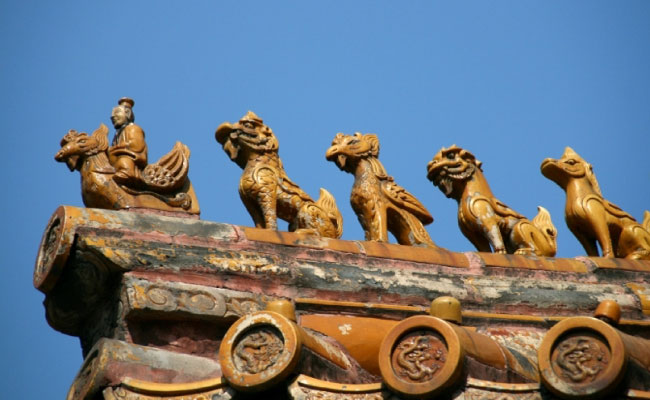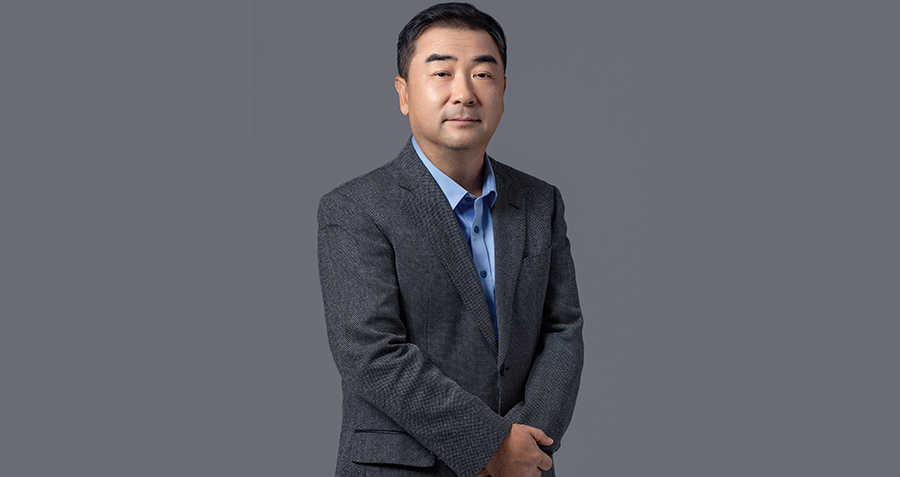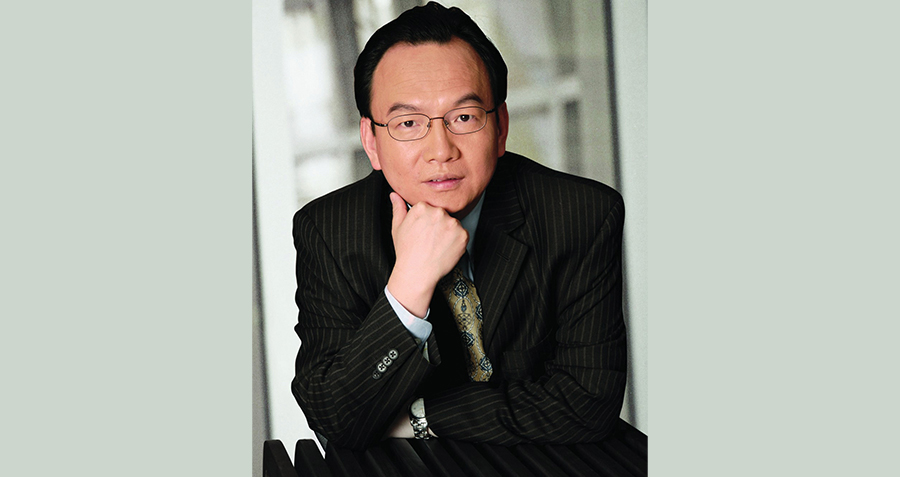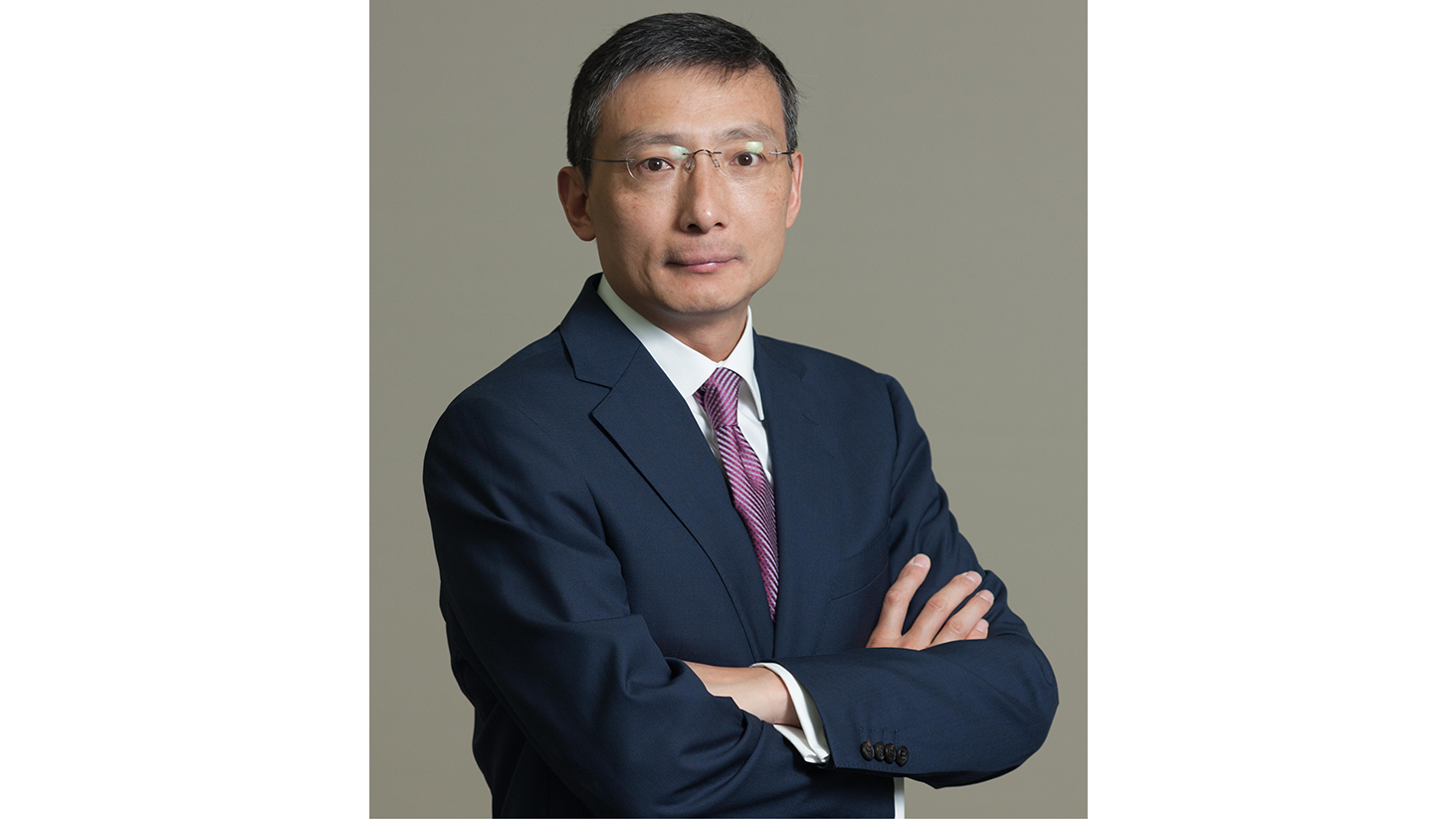This week, Heinz recalled infant cereal after authorities found lead contamination; Xiaomi tied up with Ouya; Japanese auto part companies were fined for price fixing; and the ALS Ice Bucket Challenge came to China with Xiaomi CEO Lei Jun taking an ice water shower.
In food and auto
KFC and McDonalds would tell you how sensitive the Chinese are towards food safety, especially when it involves foreign brands that are oftentimes more expensive but deemed better quality.
This week, another brand was caught in the public’s crosshairs. H.J. Heinz, a US ketchup maker partially owned by billionaire Warren Buffett, recalled four batches of infant cereal, which allegedly contain excessive amount of lead.
Food safety inspectors in Zhejiang Province said that 1,472 boxes of Heinz’s products might have been exposed to an unsafe level of the toxic metal. According to Heinz’s official account on Weibo, China’s equivalent of Twitter, the contamination might have come from its suppliers, and the company is working with the regulators to investigate further.
The incident may be particularly unnerving to consumers because it is infant food we are talking of, a category that people are exceptionally sensitive to since the 2008 milk powder scandal, in which six babies were killed and many more fell sick.
While we still have to see how that story unfolds, in other news, this week, several Japanese auto parts manufacturers were fined heavily for price-fixing by China’s National Development and Reform Commission (NDRC), the country’s top economic planner. According to media accounts, the total fines add up to about $200 million, the largest ticket NDRC has written since the anti-trust law came into effect.
A number of foreign carmakers, including Chrysler, Daimler and Volkswagen, are under investigation for price-fixing by the NDRC since a few weeks ago. It’s been reported that Volkswagen’s Shanghai joint venture may have to pay about $32 million in fines, although the authorities have not confirmed the amount.
In technology
China’s e-commerce sector is dominated by domestic players, but Amazon is not giving up.
On Wednesday, the company said that it will set foot in the Shanghai Free Trade Zone (Shanghai FTZ) to take advantage of the district’s looser trade regulations to offer Chinese consumers more imported products. While companies like Taobao or JD.com attract the bulk of online shoppers in China, there’s still room for Amazon to expand its import portfolio, since many foreign products are not easily available to Chinese consumers.
The company is currently running at a cost in China: it lost $126 million in the second quarter. The loss is expected to deepen in the third quarter.
Xiaomi, widely known as one of China’s largest smartphone makers, does not only make handsets. In May, the company introduced its second generation smart TV, thereby entering a market that is growing in double digits despite an industry slump.
On Thursday, American video game company Ouya said that the company is teaming up Xiaomi to develop and market smart TV-based games, which will be downloadable from Xiaomi’s TV app store.
Xiaomi is also selling a set-top box device called Xiaomi Hezi (hezi means “box” in Chinese), which runs on Android and turns a regular TV into a smart TV. More than 10 million such boxes (of various brands and systems) were sold in China last year, according to the Chinese media.
Despite the ban on game consoles, which has recently been lifted in the Shanghai FTZ, China is the world’s third-biggest gaming market with $14 billion of revenue in 2013.
On an unrelated note, Xiaomi CEO Lei Jun, who’s dubbed China’s Steve Jobs, dunked a bucket of ice water on himself (with the help from two employees)in Beijing as part of the viral ALS Ice Bucket Challenge. With this Lei Jun joined a long list of global celebrities such as Mark Zuckerberg, Justin Bieber and George W. Bush who decided to similarly freeze their guts out to raise awareness for a disease called ALS or amyotrophic lateral sclerosis. Lei further nominated Hong Kong pop singer Andy Lau, Foxconn Chairman Terry Gou and Baidu CEO Robin Li to also take the Ice Bucket Challenge: either donate to the cause or have an ice-water shower in public. Guo and Li later happily accepted the challenge (video).
But Kuaibo’s CEO Wang Xin is not in the mood for fun. His company, which developed a media player called Qvod, was raided by the police in April for streaming pirated and pornographic content. The company was fined $42 million, the heaviest penalty for such piracy actions in China.
Wang, who fled the country for 110 days, was apprehended overseas on Tuesday in an undisclosed location. A warrant was issued by the Interpol prior to his arrest, according to the Chinese media. While we are not sure what will happen next, but we can assure you that Wang is not going to take the Ice Bucket Challenge any time soon.
In finance
The first half earnings of Bank of Communications (BOCOM) do not look so spectacular—net profit growth slowed to half the rate recorded in the same period last year.
The bank, China’s fifth-largest, made $5.9 billion in the first six months of 2014, a 5.6% year-on-year increase, compared with the 12% growth pace last year. The banks’ officials blame a sector-wide slowdown of lending growth and narrower net interest margin, as the Chinese economy and the property market cools off.
On the other hand, the bank is planning to reform its ownership structure by introducing a bigger variety of shareholders. Although specific measures haven’t been announced, one method the bank could use is to give its management and employees stock incentives, according to the bank’s Vice President Qian Wenhui. No banks in China are currently offering such incentives. Analysts said that if approved, the move would be “groundbreaking” and other banks will likely follow suit.
The effort to diversify the ownerships of banks, whose largest shareholder is the Ministry of Finance, is part of Beijing’s campaign to reform state-owned enterprises. HSBC is currently the second-largest shareholder of BOCOM, holding 19% of the bank.
Chinese banks are also planning to issue more equity, but what they’re trying to sell is preferred stocks, which do not give holders voting rights as common shareholders have.
In April, Beijing gave the green light for banks to sell preferred stocks, which pay steady dividends but have less room to appreciate; since then, six banks have lined up to issue such shares, planning to raise about $54.8 billion in total, according to the Chinese media.
The scale of the issuance will make Goldman Sachs as much as $275 million in underwriting fees, according to Reuters, which reported that the investment bank is the most active underwriter in these deals. Analysts expect corporations beyond banks will follow the trend to issue preferred shares as a new way to raise capital.
But for smaller enterprise that may not be eligible to trade on stock exchanges in Shanghai and Shenzhen, they can simply go to the “third board”—the new over-the-counter (OTC) exchange. Only a few hundreds of high-tech companies in four major cities were trading on the Third Board until last December, when the regulator announced that the market would be expanded to all qualified firms across the country. Analysts had predicted that the number of companies trading on the exchange could reach 7,000 in five years. Now 66 brokerages have been approved to make markets.
But experts also warn of great risks since those brokerages may not be very experienced, and such exchanges are not held to the same standards in terms of financial transparency as the bigger stock exchanges are. (The “Wolf of Wall Street” John Belfort, portrayed by Leonardo DiCaprio in the movie, gained his initial fortune as a trader of such penny stocks.)

















